
2023 Extension Master Food Volunteer Training Is Accepting Applications
Do you enjoy cooking, eating, local food work, or just simply – food? If you answered yes to any …



Extension and research at NC State address timely issues impacting our state. Extension delivers trusted information directly into the hands of farmers and agribusinesses, helping them translate knowledge into solutions that grow our economy and communities.
El inglés es el idioma de control de esta página. En la medida en que haya algún conflicto entre la traducción al inglés y la traducción, el inglés prevalece.
Al hacer clic en el enlace de traducción se activa un servicio de traducción gratuito para convertir la página al español. Al igual que con cualquier traducción por Internet, la conversión no es sensible al contexto y puede que no traduzca el texto en su significado original. NC State Extension no garantiza la exactitud del texto traducido. Por favor, tenga en cuenta que algunas aplicaciones y/o servicios pueden no funcionar como se espera cuando se traducen.
Inglês é o idioma de controle desta página. Na medida que haja algum conflito entre o texto original em Inglês e a tradução, o Inglês prevalece.
Ao clicar no link de tradução, um serviço gratuito de tradução será ativado para converter a página para o Português. Como em qualquer tradução pela internet, a conversão não é sensivel ao contexto e pode não ocorrer a tradução para o significado orginal. O serviço de Extensão da Carolina do Norte (NC State Extension) não garante a exatidão do texto traduzido. Por favor, observe que algumas funções ou serviços podem não funcionar como esperado após a tradução.
English is the controlling language of this page. To the extent there is any conflict between the English text and the translation, English controls.
Clicking on the translation link activates a free translation service to convert the page to Spanish. As with any Internet translation, the conversion is not context-sensitive and may not translate the text to its original meaning. NC State Extension does not guarantee the accuracy of the translated text. Please note that some applications and/or services may not function as expected when translated.
Collapse ▲
Do you enjoy cooking, eating, local food work, or just simply – food? If you answered yes to any …

The NC Department of Agriculture & Consumer Services Agronomic Services provide free of charge boxes for shipping soil samples …
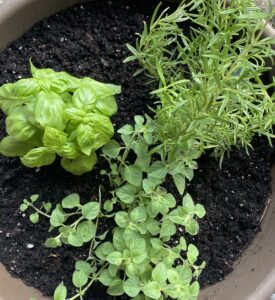
Whether you grow them yourself or pick them up at the local grocery or farmer’s market, fresh herbs can …
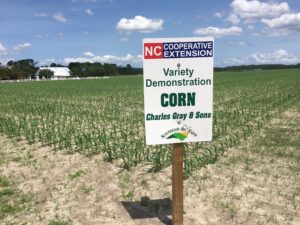
NC State Extension extends research-based knowledge to all North Carolinians, helping them transform science into everyday solutions that improve …
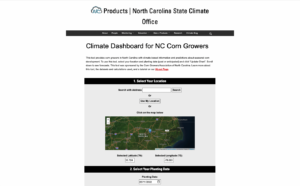
The Climate Dashboard was sponsored by the Corn Growers Association of North Carolina and is designed to provide corn growers …
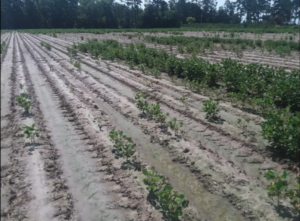
Of all the earth’s water, 97.5 percent is saline (salty) and 2.5 percent of it is fresh. Humans need …
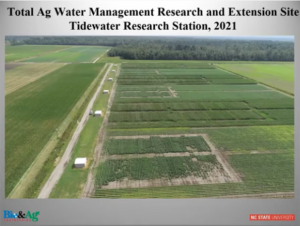
We have known for decades that lack of water just prior to the appearance of the silks and tassels …
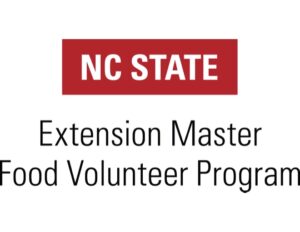
Do you enjoy cooking, eating, local food work, or just simply – food? If you answered yes to any …
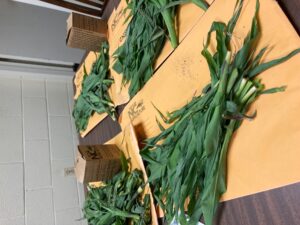
A webinar, “Is Your Corn Well Fed”, will be held on Wednesday, July 21, 2021, from 8:30–9:30 a.m. This …
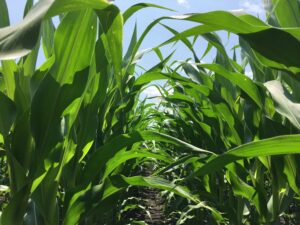
Is Your Corn Well Fed is being conducted by the N.C. Cooperative Extension, Pasquotank County Center with the assistance of …
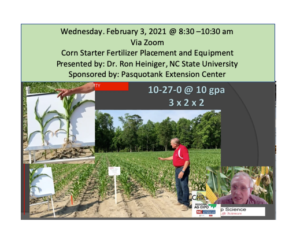
One of the management practices used in corn production is starter fertilizer, the close but safe placement of fertilizer …
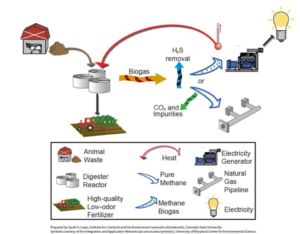
N.C. Cooperative Extension, Dairy ASA – Ashley Robbins will be hosting a webinar on February 4, 2021, from noon–1:30 …
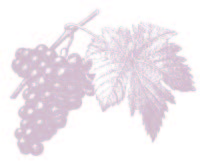
Vineyard establishment involves careful planning, thorough site preparation, vineyard design, planting, and trellis construction. Unlike …
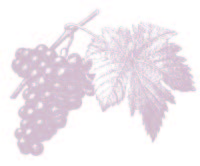
Growing Chardonnay grapes, the number one vinifera variety grown in North Carolina, can be a …
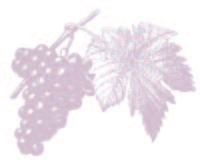
New and current grape growers will find practical information on site appraisal, establishment, and operation …
The grape and wine industry in North Carolina is now worth in excess of $30 …
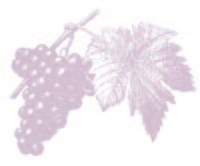
This chapter discusses the principles of grapevine dormant pruning, reviews reasons for vine training, and …
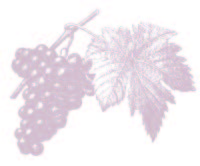
High-quality wines — those that command premium prices — can be produced only from high-quality …
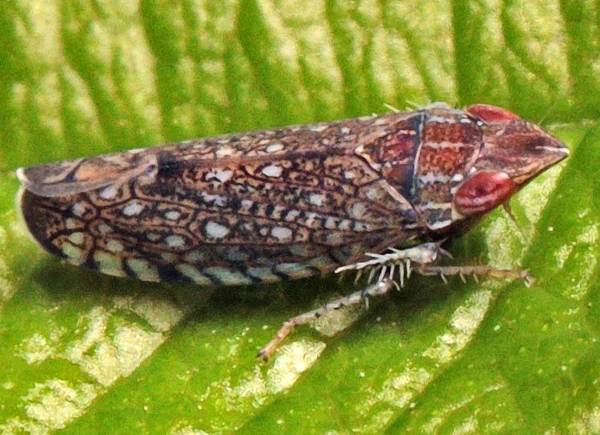
Leafhoppers are insects of importance to highbush blueberry growers in North Carolina. Species in the …

Grapes grown in North Carolina are sometimes exposed to unfavorable climatic conditions and biological pests …